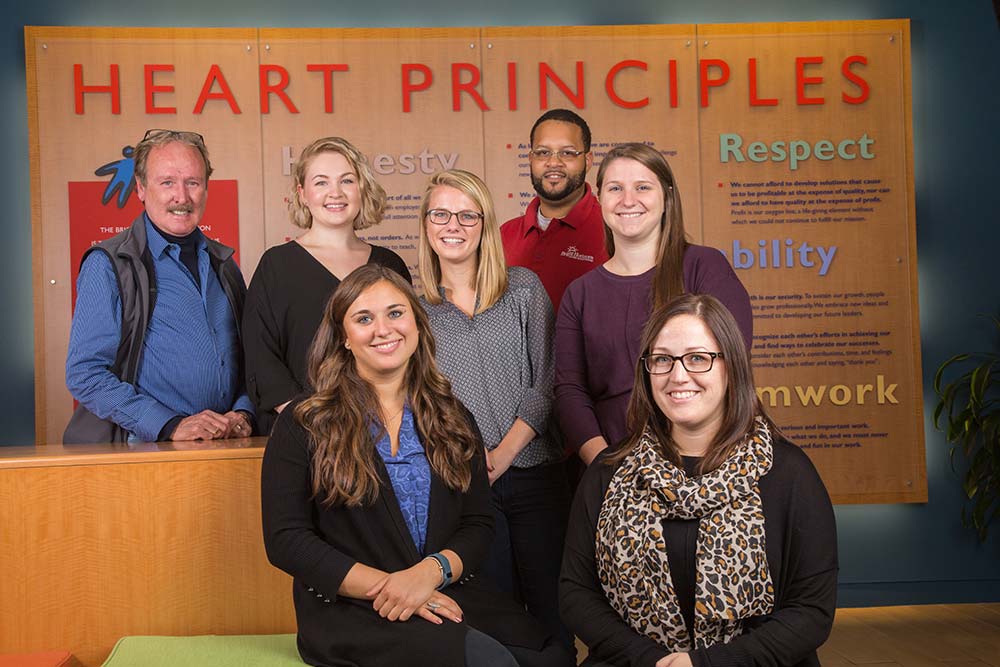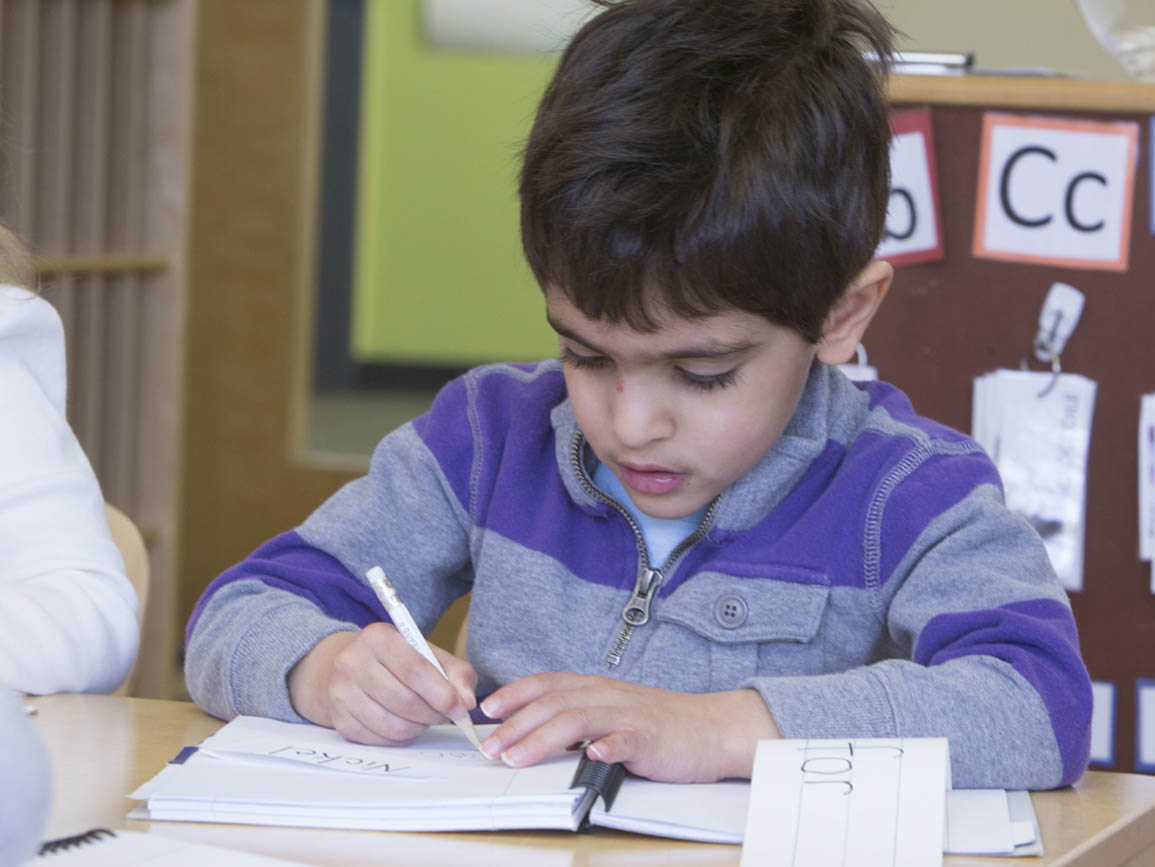But when you’re 3-1/2, and your preschool class has suddenly gotten smaller — absent of so many of the friends you’re used to seeing every day — you start to wonder where they are. That the center stayed open for healthcare workers who need to be on the job is lost on a young child missing her classmates. “She’s grown up with these kids,” says Julia, “and she doesn’t understand why they’re not there.”
So it was that Saira’s teachers began the tradition of reuniting missed classmates during the day, calling up the parents and children on computer screens, and for a little while, letting them be all together the way they used to be before words like “pandemic” and “social distancing” invaded their worlds.
“We all participate,” says Julia. “She’ll see me, and her dad, and all the kids and the people who are not at the center. Their faces light up when they see each other. They hear those teachers speak and they all tune in and pay attention.
“Saira yells out every kid’s name — ‘Come back to see me!’ she’ll say. She’ll ask, ‘Mama, when will this virus go away?’
“The first time we did this,” says Julia, “I really teared up.”
The teacher dedication is no surprise to Julia — who with her husband has treasured the community since they first walked in when Saira was just three months old. It was invaluable then. It’s even more so now. Julia says she couldn’t do her job without it. “I can talk about it in the context of COVID,” she says. “But I can also talk about in the context of being a mom with a very demanding career. I think finding the center was one of the best things that could have happened to our family,” she says.
Pandemics have long been in the shadows for specialists like her. But the ferocity of COVID-19 — not just as a pathogen, but as a torch to every familiar routine we ever knew — took even Julia by surprise.
“I don’t think any of us saw how it would upend every aspect of life,” she says.
But upend it did. And for Julia, whose many responsibilities include leading an adolescent and pediatric HIV program, it meant rethinking everything she and her team knew about visits and bedside manner and the special kind of TLC required to care for the most vulnerable patients. There were also consultations about medically complex patients — children with cancer, who’ve received transplants, who had surgery — and the deluge of information as medical professionals continually had to learn and relearn the evolving lessons of the virus. Little did Julia think her ability to work at this pivotal moment would rest on a child care decision she made more than three years ago.
“I’m not worried about her now, and I’ve never been worried about her,” says Julia. “That center has become family to us.”
“You never think someone is going to care as much about your child as you do,” she says.
“But I really think these teachers do. Their hearts are gold.”





